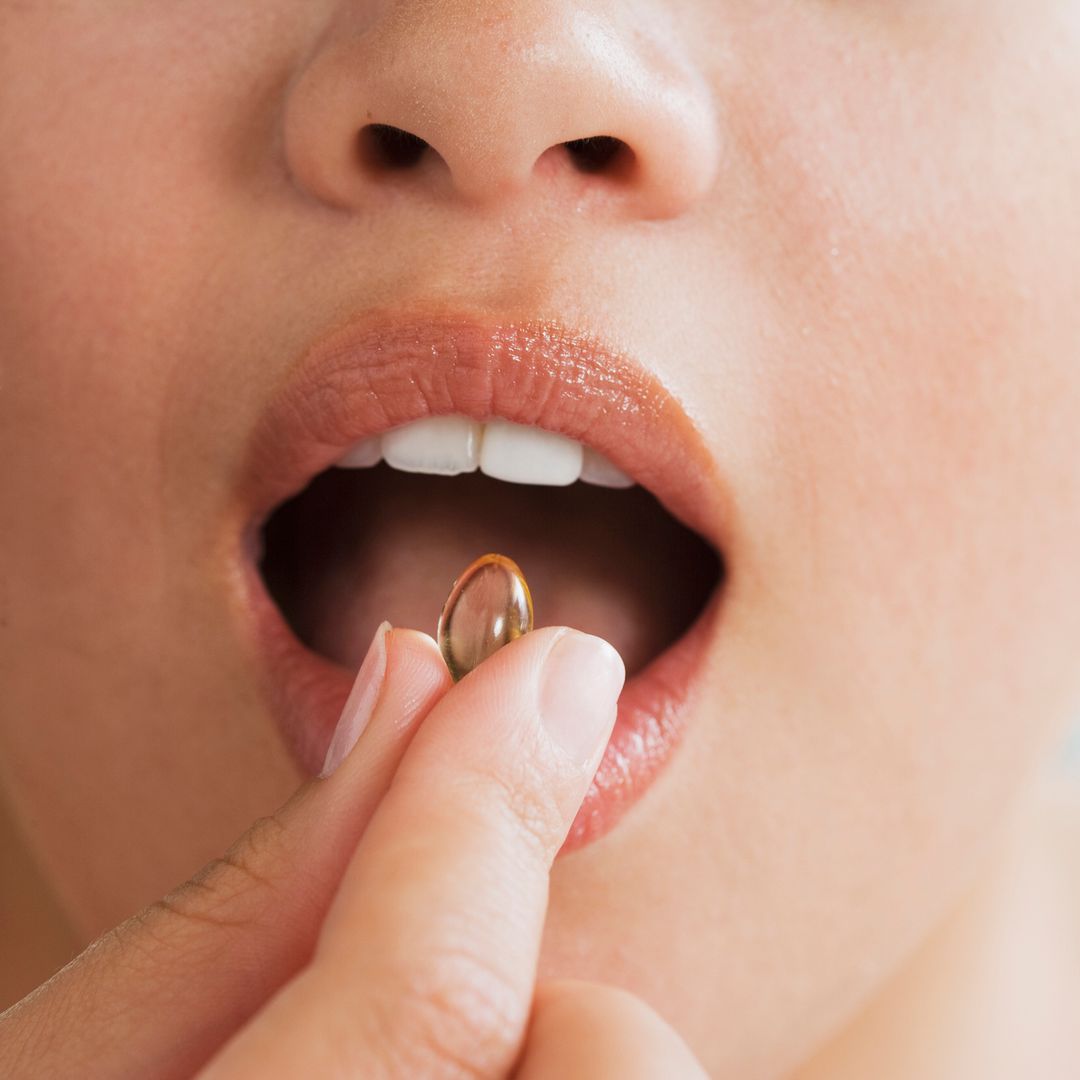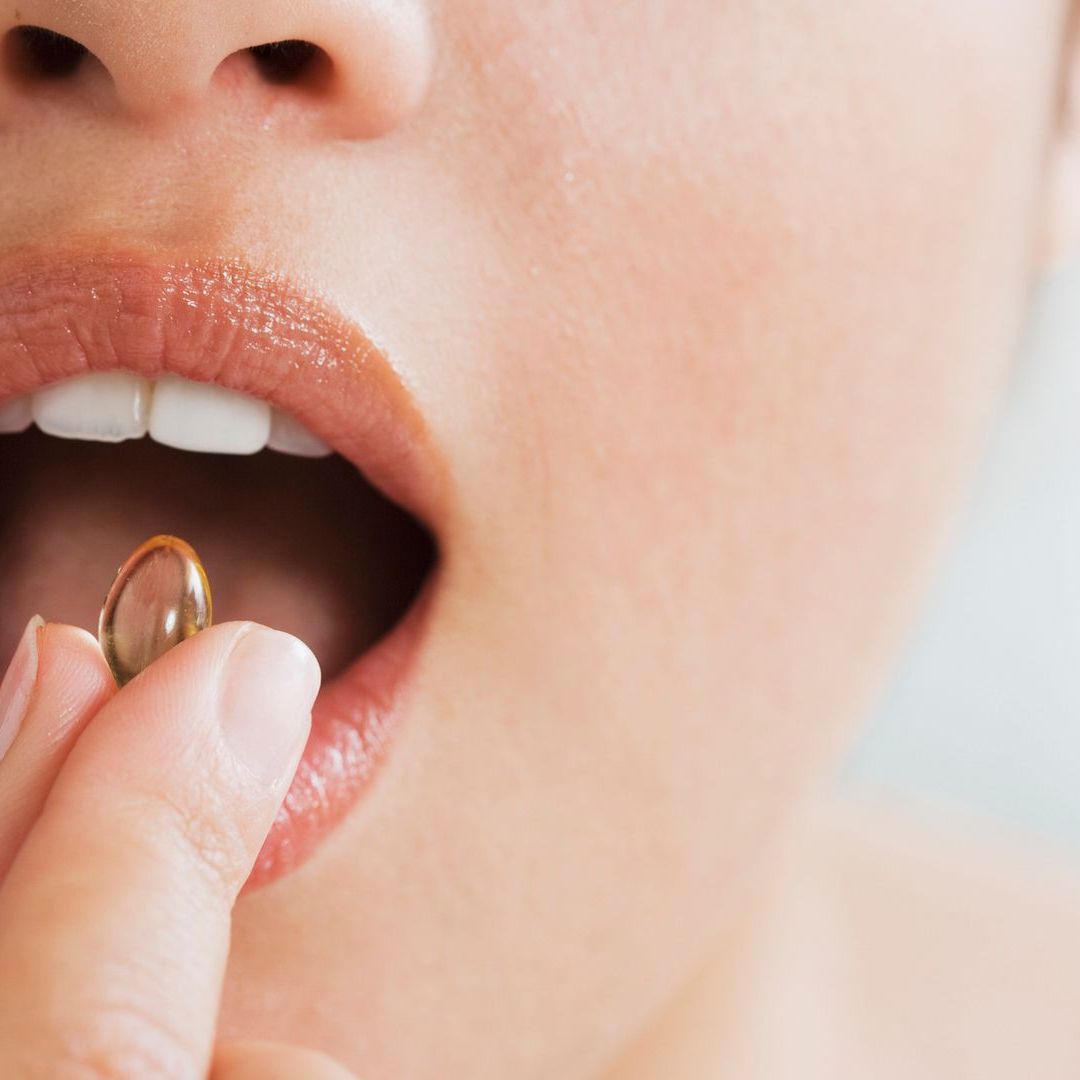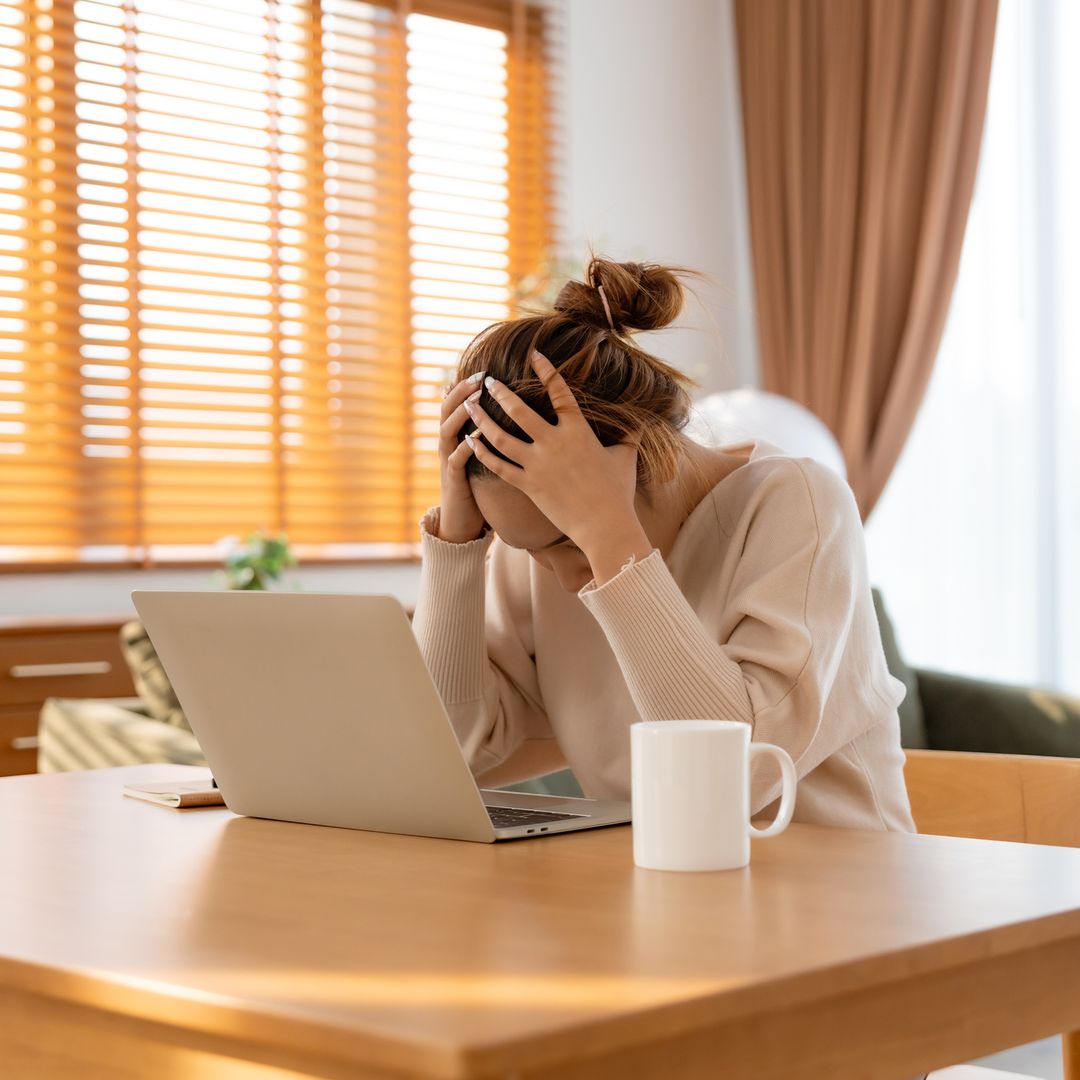Menopause, with all its complexities, is a phase of growth and self-discovery.
This era is a significant stage in our lives, marked by various physical and emotional changes. As an expert in women's health with a background in psychology, anatomy, physiology, mental health, personal training, nutrition, menopause, coaching and mentoring, I aim to shed light on one of the less talked about but common symptoms of menopause: bladder weakness or incontinence.
Understanding and managing bladder weakness is crucial for maintaining quality of life. With the right knowledge, support and interventions, women can navigate this stage with confidence and positivity.
Why does incontinence happen in menopause?
Menopause leads to a decrease in oestrogen levels which can affect the health of the bladder and the pelvic floor muscles. These muscles support the bladder and their weakening can lead to incontinence. Additionally, the lining of the urethra thins, which can contribute to bladder control issues.
With the right knowledge and access to effective help and support, you can absolutely maintain a healthy bladder - we just don't talk about it and certainly don’t know enough.
Bladder weakness and confidence
Sadly, the impact of bladder weakness extends to various aspects of our lives. We may become reluctant to exercise due to fear of leakage, which can affect our physical and psychological health.
Bladder weakness can significantly impact our confidence. The worry about accidental leaks can lead to anxiety in social situations, work environments, or even during simple daily activities. This can create a sense of self-consciousness and may lead to withdrawal from enjoyable activities, leaving us isolated.
RELATED: Why we really need to be more open about bladder weakness
Shame and stigma
Many of us are reluctant to seek help for incontinence as there's a sense of shame around bladder weakness and menopause symptoms. This often stems from societal attitudes and a lack of open conversation about these natural life stages.
Breaking the stigma starts with education and open dialogue, normalising menopause as a natural part of ageing. Our bodies change as we age, but we simply have not been brought up talking about what these changes are or how we can manage them effectively.
Understanding stress incontinence
Stress incontinence, affecting around one-third of women, often arises from physical changes due to pregnancy, childbirth and menopause. It's the most prevalent form of incontinence in women, but with treatment, it's entirely manageable.
MORE FROM LAUREN: Menopause confidence loss: how to regain your spark
This condition is typically linked to changes in the urethra, the tube responsible for passing urine from the bladder. The urethra is normally sealed tightly by internal and external sphincter muscles, aided by pelvic floor muscles that support the bladder. However, when these muscles weaken, the bladder can shift downward, impacting the urethra's ability to prevent involuntary urine loss.
The issue becomes more noticeable when the bladder is overly full and can intensify in the week before menstruation due to lower oestrogen levels. This decrease in oestrogen can lead to reduced muscular pressure around the urethra, heightening the risk of leakage.
Stress incontinence is a treatable condition, and seeking help is a positive step towards regaining control and confidence.
INSPIRATION: Try this super-fun exercise to strengthen your pelvic floor – it's not a Kegel, I promise
Talking to your doctor
If you're experiencing bladder weakness, my advice is to approach your doctor openly and honestly. Remember, healthcare professionals are there to help, and this is a common issue they are equipped to deal with. Early intervention can lead to better management and solutions.
Confidence discussing bladder weakness
Talking about personal health issues such as bladder weakness becomes easier when we realise how common these experiences are. Around 25% of all adults in the UK experience urinary incontinence - and no one is talking about it.
Sharing experiences in support groups or with trusted friends can help. Remember, articulating your concerns is the first step towards finding a solution.
Book an appointment with your doctor. Help is available. Often no examination is required, so the first appointment could simply be describing your symptoms over the phone. Your doctor will be able to tell you if they need to see you or refer you, so please don’t hesitate to take that first step.
Find out more about Lauren Chiren's work and visit HELLO!'s Out Loud hub for more taboo-busting stories.











